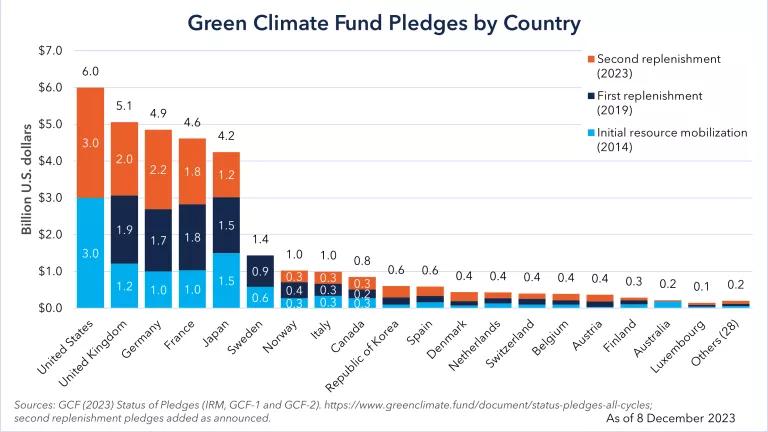The Paris Climate Agreement's $19 Trillion Economic Prize

Meeting the goals of the Paris Climate Agreement can fuel a $19 trillion surge in additional economic growth over the next 30 years, according to a new report by two global energy agencies. This additional economic activity is equivalent to the total value of all the companies traded on the New York Stock Exchange—the largest stock exchange in the world.
The historic Paris Climate Agreement adopted by nearly 200 countries, including China and India, aims to achieve zero net emissions shortly after 2050. Investing in the energy transition to move from the two thirds of global emissions that come from fossil fuels today to a cleaner and more affordable energy future will also boost economic growth by trillions of dollars. The main driver of this enhanced economic activity will be infrastructure investments in both clean energy and energy efficiency—investments that also create high-paying jobs that can’t be easily outsourced or automated. An additional driver of economic growth will be the increase in household income due to reduced costs of energy bills as the price of clean energy continues to fall.
Critics of climate action, such as President Trump who has called it “very expensive,” are simply burying their heads in the sand to the enormous economic opportunity it presents. Clean energy is a $1.3 trillion market per year—nearly the same size as the global media industry including everything from video games to movies and TV shows.
Yet Trump is still considering whether to water down America’s commitment to the Paris Climate Agreement. This short-sighted move would only serve to cede market share in the global clean energy industry to competitors such as China, who has announced plans to invest $360 billion in clean energy in the next three years. If Trump really cares about a deal to make America richer, he would double down on America’s commitment to the Paris Agreement and reap the economic rewards while boosting employment beyond the 3 million American workers who already earn their paycheck in the clean energy industry.
The United States has already decoupled emissions growth from economic growth. Since 2008, U.S. emissions have dropped 9% while the economy grew 10%. While this is a positive trend, Trump is poised to throw our progress into reverse. Without action to invest in clean energy, America risks billions in avoidable damages to our economy from disaster relief and additional health care costs.
Trump and his special interest advisors may claim the sky is falling in terms of the costs to combat climate change, but the smart money is on climate action as the best bet to advance our economic interests. The $19 trillion prize is up for grabs.



